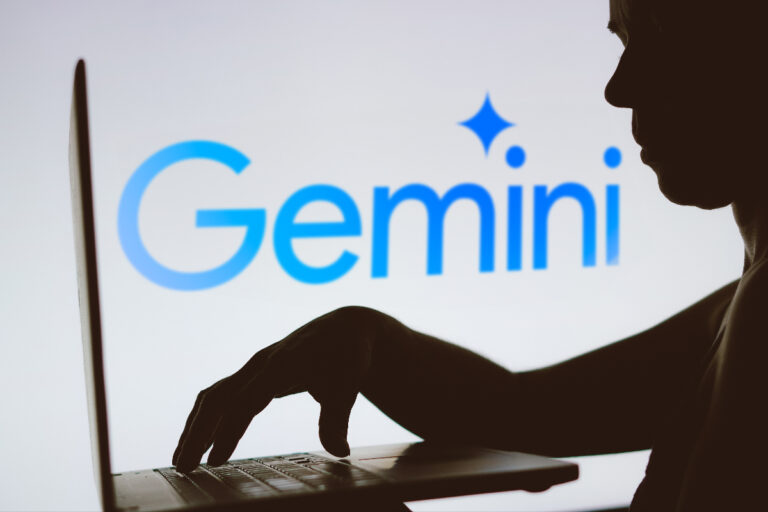Deep Cogito emerges from stealth with hybrid AI ‘reasoning’ models
A new company, Deep Cogito, has emerged from stealth with a family of openly available AI models that can be switched between “reasoning” and non-reasoning modes.
Reasoning models like OpenAI’s o1 have shown great promise in domains like math and physics, thanks to their ability to effectively fact-check themselves by working through complex problems step by step. This reasoning comes at a cost, however: higher computing and latency. That’s why labs like Anthropic are pursuing “hybrid” model architectures that combine reasoning components with standard, non-reasoning elements. Hybrid models can quickly answer simple questions while spending additional time considering more challenging queries.
All of Deep Cogito’s models, called Cogito 1, are hybrid models. Cogito claims that they outperform the best open models of the same size, including models from Meta and Chinese AI startup DeepSeek.
“Each model can answer directly […] or self-reflect before answering (like reasoning models),” the company explained in a blog post. “[All] were developed by a small team in approximately 75 days.”
The Cogito 1 models range from 3 billion parameters to 70 billion parameters, and Cogito says that models ranging up to 671 billion parameters will join them in the coming weeks and months. Parameters roughly correspond to a model’s problem-solving skills, with more parameters generally being better.
Cogito 1 wasn’t developed from scratch, to be clear. Deep Cogito built on top of Meta’s open Llama and Alibaba’s Qwen models to create its own. The company says that it applied novel training approaches to boost the base models’ performance and enable toggleable reasoning.
According to the results of Cogito’s internal benchmarking, the largest Cogito 1 model, Cogito 70B, with reasoning outperforms DeepSeek’s R1 reasoning model on a few mathematics and language evaluations. Cogito 70B with reasoning disabled also eclipses Meta’s recently released Llama 4 Scout model on LiveBench, a general-purpose AI test.
Every Cogito 1 model is available for download or use via APIs on cloud providers Fireworks AI and Together AI.

“Currently, we’re still in the early stages of [our] scaling curve, having used only a fraction of compute typically reserved for traditional large language model post/continued training,” wrote Cogito in its blog post. “Moving forward, we’re investigating complementary post-training approaches for self-improvement.”
According to filings with California State, San Francisco-based Deep Cogito was founded in June 2024. The company’s LinkedIn page lists two co-founders, Drishan Arora and Dhruv Malhotra. Malhotra was previously a product manager at Google AI lab DeepMind, where he worked on generative search technology. Arora was a senior software engineer at Google.
Deep Cogito, whose backers include South Park Commons, according to PitchBook, ambitiously aims to build “general superintelligence.” The company’s founders understand the phrase to mean AI that can perform tasks better than most humans and “uncover entirely new capabilities we have yet to imagine.”






